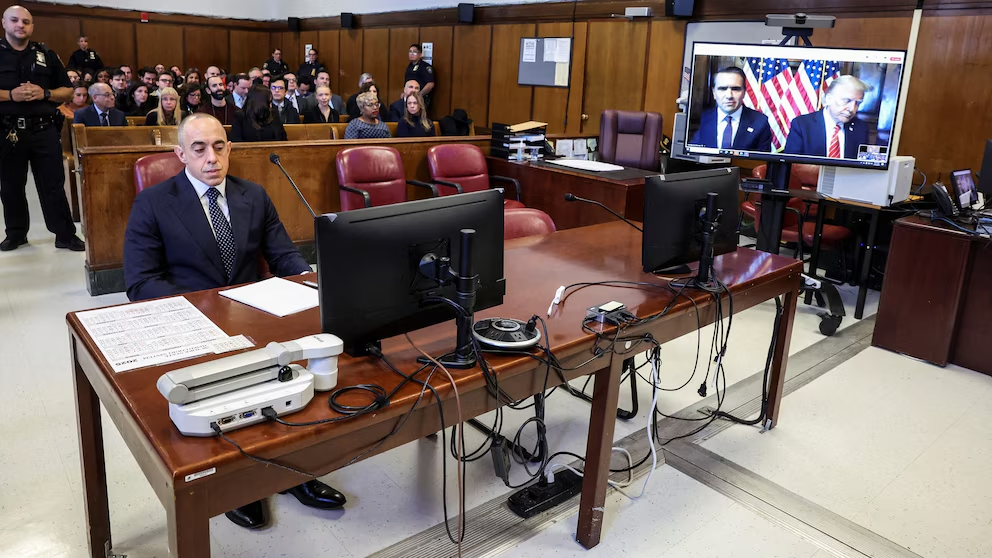In an unprecedented legal proceeding, President-elect Donald Trump was sentenced in a Manhattan court just ten days before his inauguration. The case, centered on the misuse of campaign funds to pay hush money to Stormy Daniels, marks the first criminal conviction of a U.S. president.
Supreme Court’s Decision
Trump’s legal team sought to delay the sentencing, citing presidential immunity. However, the Supreme Court, in a 5-4 decision, rejected this request, stating that such immunity does not extend to a president-elect. Justice Amy Coney Barrett, appointed by Trump in 2020, was among those who denied the bid.
Sentencing Outcome
Despite the conviction, Trump avoided jail time, fines, or probation. The court’s decision has sparked widespread debate, with critics arguing that it sets a concerning precedent for presidential accountability.
Political Ramifications
This legal development adds a complex layer to Trump’s impending presidency, raising questions about the potential impact on his administration’s agenda and public perception.











